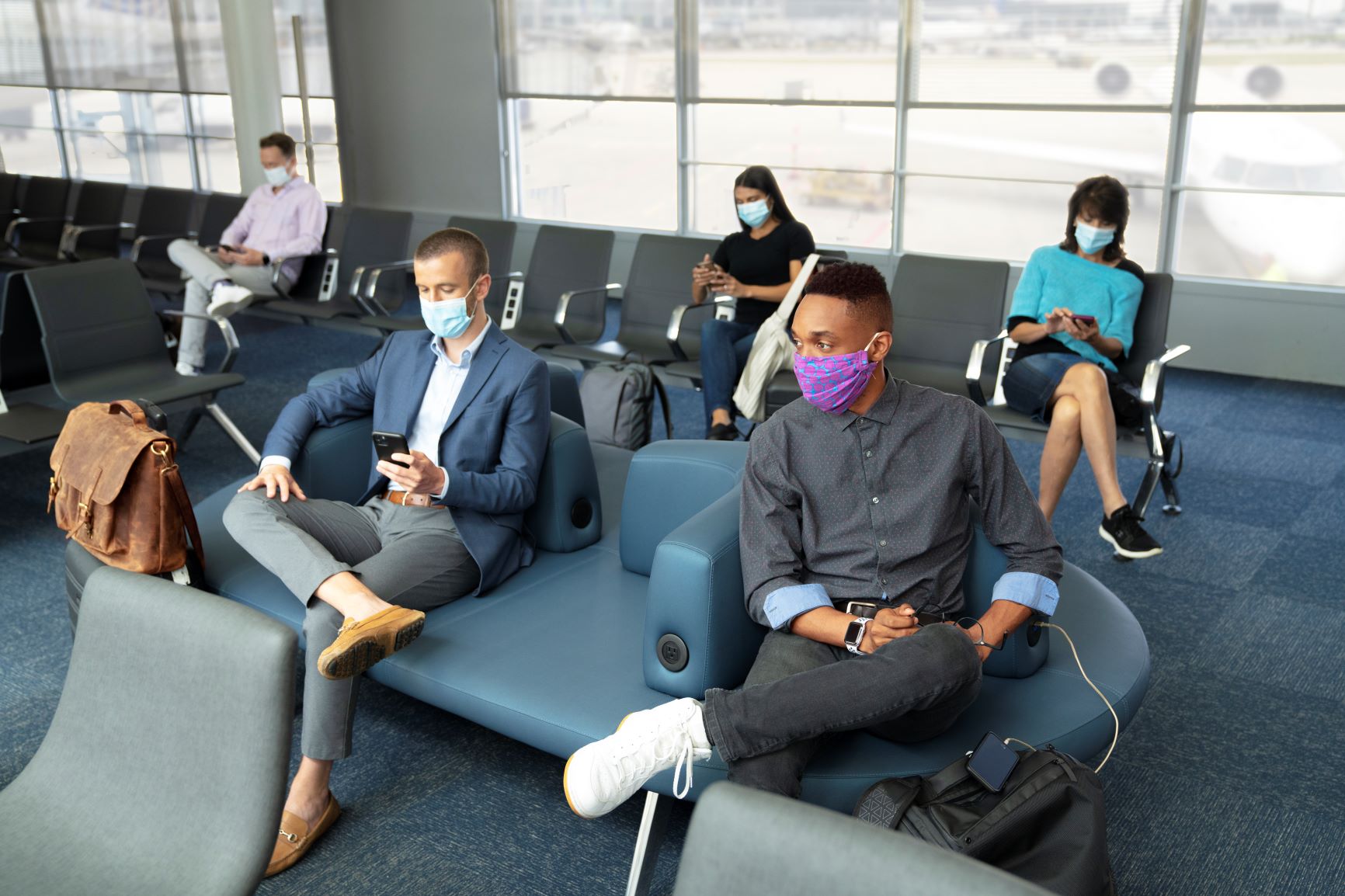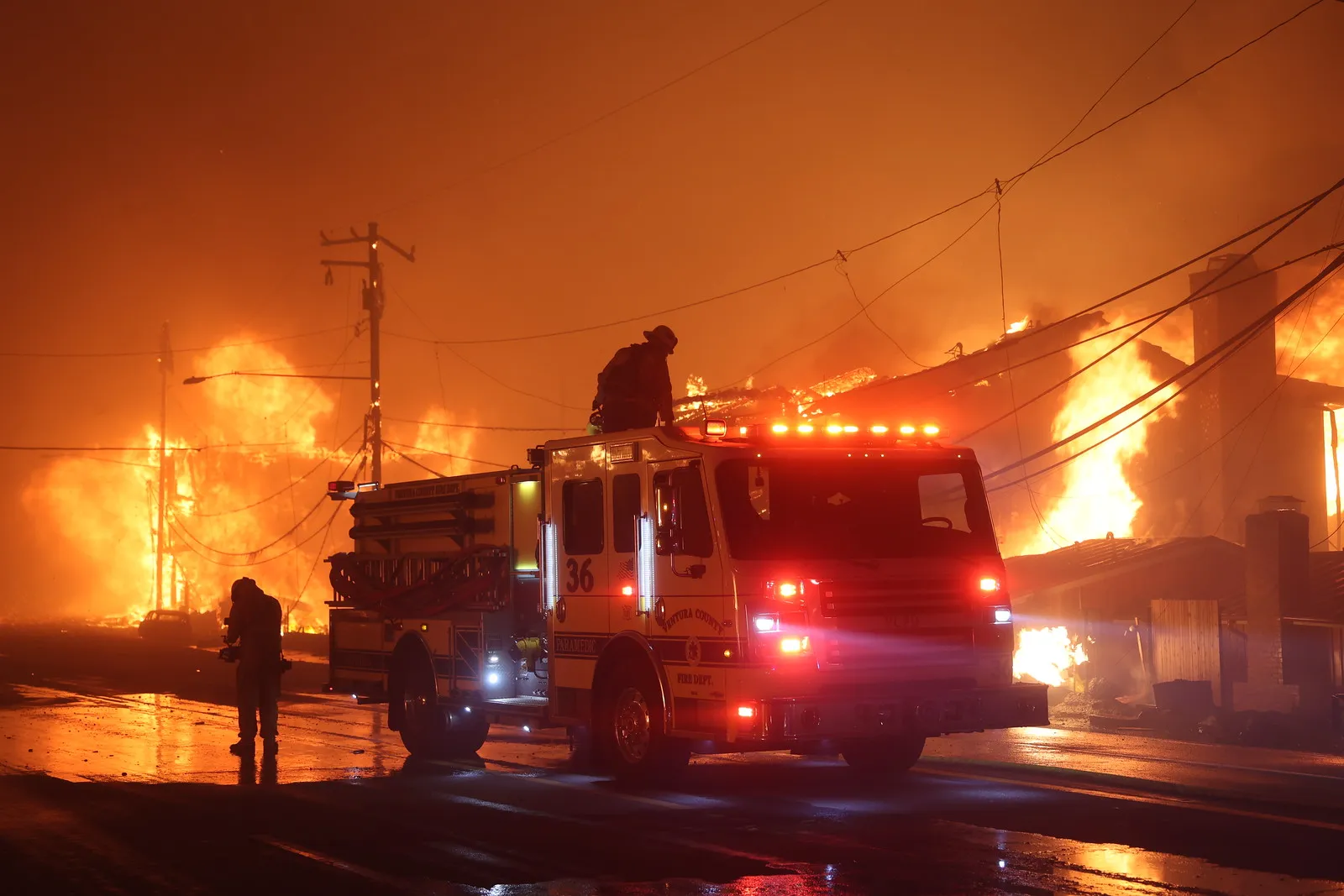Travel Managers Are Resetting Their Moral Compass on Liability Risk

Skift Take
With most of the technical challenges resolved, travel managers are now grappling with their consciences and asking: Is it really safe for our people to travel?
The question has admittedly been around for several months now, but is resurfacing due to the latest waves of coronavirus spikes and a growing uncertainty over insurance.
There can be many stakeholders involved when it comes to signing off permission for a trip, but travel managers are looking to human resource departments in particular over perceptions of liability. Because in tragic circumstances, such as death or where an employee is involved in a life-changing incident, corporations that are found liable will also be paying out millions of dollars.
Navigating the Grey Area
“The HR department is caught between a rock and a hard place,” one global travel manager, who wished to remain anonymous, told Skift. "A lot of people I’ve talked to outside my company are unwilling to put their name on a document and say, yes it’s OK to travel."
As a result, there is a grey area over who takes responsibility. “As an individual, as a human being, do I want to take that risk?” the manager added. “I’m not willing to start saying what the policy should be, if in two months or six months we start seeing a second wave. I don’t want that policy to be the route to someone suffering illness."
These conversations are inevitably leading to the legal implications. With the pandemic spreading and contracting across different parts of the world, at different paces, it's difficult for corporations to keep up. Are they providing enough relevant information to staff under their duty-of-care obligations?
Travel management companies may be playing their part by providing the most up-to-date information, from American Express Global Business Travel's latest Travel Vitals tool, to Travel and Transport's new suite of products and services for planning, preparing and on-trip. But is it enough?
Possibly not. Some insurance policies simply won't cover business travel — with Covid-19 a known pandemic, it's therefore a known risk.
"A lot of the discussion is about the financial impact of staff traveling, and the protection from the insurance companies if they’re actually willing to step in. I don’t think HR is getting that positive response,” the global travel manager added.
And as well as the financial impact, a company’s reputation could also be damaged. “If 10 people out of 20,000 employees die, that’s a morality issue for them,” the global travel manager said. “And not only that, if it becomes public knowledge that the company has allowed someone to travel, who subsequently died, or has long-term effects from catching the virus, that’s going to look poor to not only employees but also clients.”
Covering The Bases
A cursory glance at Bupa's website reveals an "epidemic exclusion," meaning no Covid-19 cover. For new customers, it states: "In compliance with the epidemic exclusion in our standard policy conditions, business travel insurances will as of 14 April 2020 not cover Covid-19. Companies based in Mexico and the UK, Jersey, Guernsey, Falkland Islands, Isle of Man or Gibraltar cannot purchase new travel insurances as per 14 April 2020 until further notice."
For existing customers, it says travel arrangements purchased and subsequently registered in the trip registration before 14 April 2020 will be covered for eligible medical claims and emergency assistance related to Covid-19 "ex gratia."
Skift contacted insurance providers Axa, Bupa, and United HealthCare Services for comment, but none had responded at the time of publication.
However, one lawyer believes the corporate Covid coverage situation will improve, aligning with new types of holiday insurance coming to market. "The insurance market is becoming more flexible," said Ian Skuse, partner at law form Blake Morgan. "For example, the ABTA Travel Sure policy, brokered with AXA, launched last week and specifically includes Covid coverage. There is now also at least one other major insurer involved with the inclusion of Covid coverage.
"On the duty-of-care side, there are risks that the employer may be accused that it did not provide Covid cover, when this was available in the marketplace, or failed to advise of any Covid hotspots — where the traveler may have declined the journey or taken precautions had they known and which exposes the employee to damage or loss."
Insurance companies could also soon start weighing in on what "safe" travel looks like, specifying HEPA filters and other hygiene protocols.
Offloading the Responsibility
Meanwhile, today it's not so unusual for employees to sign a document confirming they have read the company's travel policy guidelines before their trip; what's less common is a disclaimer specifying the employee accepts the company will waive responsibility.
But one travel manager at an aviation technology company, who again preferred to remain anonymous, told Skift this is something they would actually consider.
"A solution that companies may use where business travel has to go ahead during the pandemic is for the traveler to sign a disclaimer that states the company will not be held liable, if the traveler contracts Covid-19 while on business travel," they said, but as a caveat added the company would also state they'll do everything to mitigate risk of contracting the virus, and that if they do, support will be provided.
For Blake Morgan's Skuse, it's not a good idea. "Disclaimers don't work in my view — the UK's Unfair Contract Terms Act for example disallows any disclaimer for personal injury caused by the employers negligence, and any disclaimer has no legal effect."
Case by Case Basis
For now, with limited essential travel taking place, travel mangers are being cautious, waiting to see which of their colleagues will be the first to blink and take the bold step of rewriting their policies.
During that time, the consensus is that it's easier to look at those requests for travel in the same way as an employee requesting a trip to high-risk country. And that can involve simply reaching out to the travel insurance company to make sure the employee is covered to go.
Another travel manager, at an international media company, told Skift that if a critical trip had to take place — for example "the entire Argentinian office resigns and the company president needs to go to Buenos Aires to hire an entirely new workforce" — then their company would acknowledge that health costs could run into the hundreds of thousands and that they may not be covered by insurance.
"That is a risk we will accept in order to save the business, and I would draft a risk assessment specific to the traveler and trip for HR approval," the travel manager said.
Drastic measures for drastic times. Corporate travel looks like it's going to be placed on hold for longer than anticipated.




